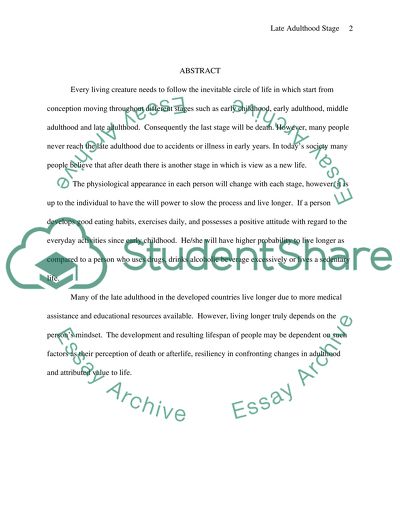Cite this document
(Perception of Death Term Paper Example | Topics and Well Written Essays - 2533 words, n.d.)
Perception of Death Term Paper Example | Topics and Well Written Essays - 2533 words. Retrieved from https://studentshare.org/psychology/1537357-life-stage-interviews-and-reports-paper
Perception of Death Term Paper Example | Topics and Well Written Essays - 2533 words. Retrieved from https://studentshare.org/psychology/1537357-life-stage-interviews-and-reports-paper
(Perception of Death Term Paper Example | Topics and Well Written Essays - 2533 Words)
Perception of Death Term Paper Example | Topics and Well Written Essays - 2533 Words. https://studentshare.org/psychology/1537357-life-stage-interviews-and-reports-paper.
Perception of Death Term Paper Example | Topics and Well Written Essays - 2533 Words. https://studentshare.org/psychology/1537357-life-stage-interviews-and-reports-paper.
“Perception of Death Term Paper Example | Topics and Well Written Essays - 2533 Words”, n.d. https://studentshare.org/psychology/1537357-life-stage-interviews-and-reports-paper.


